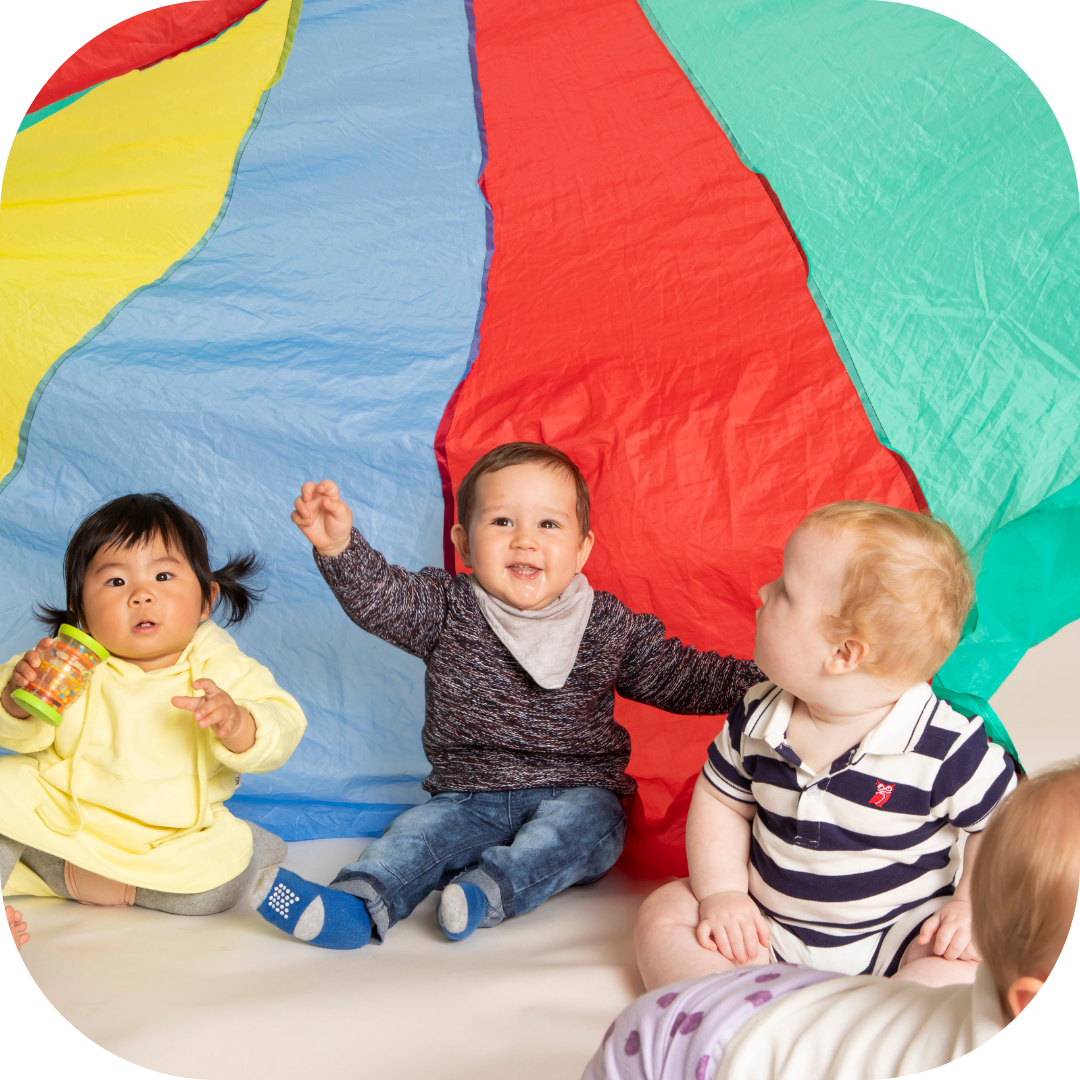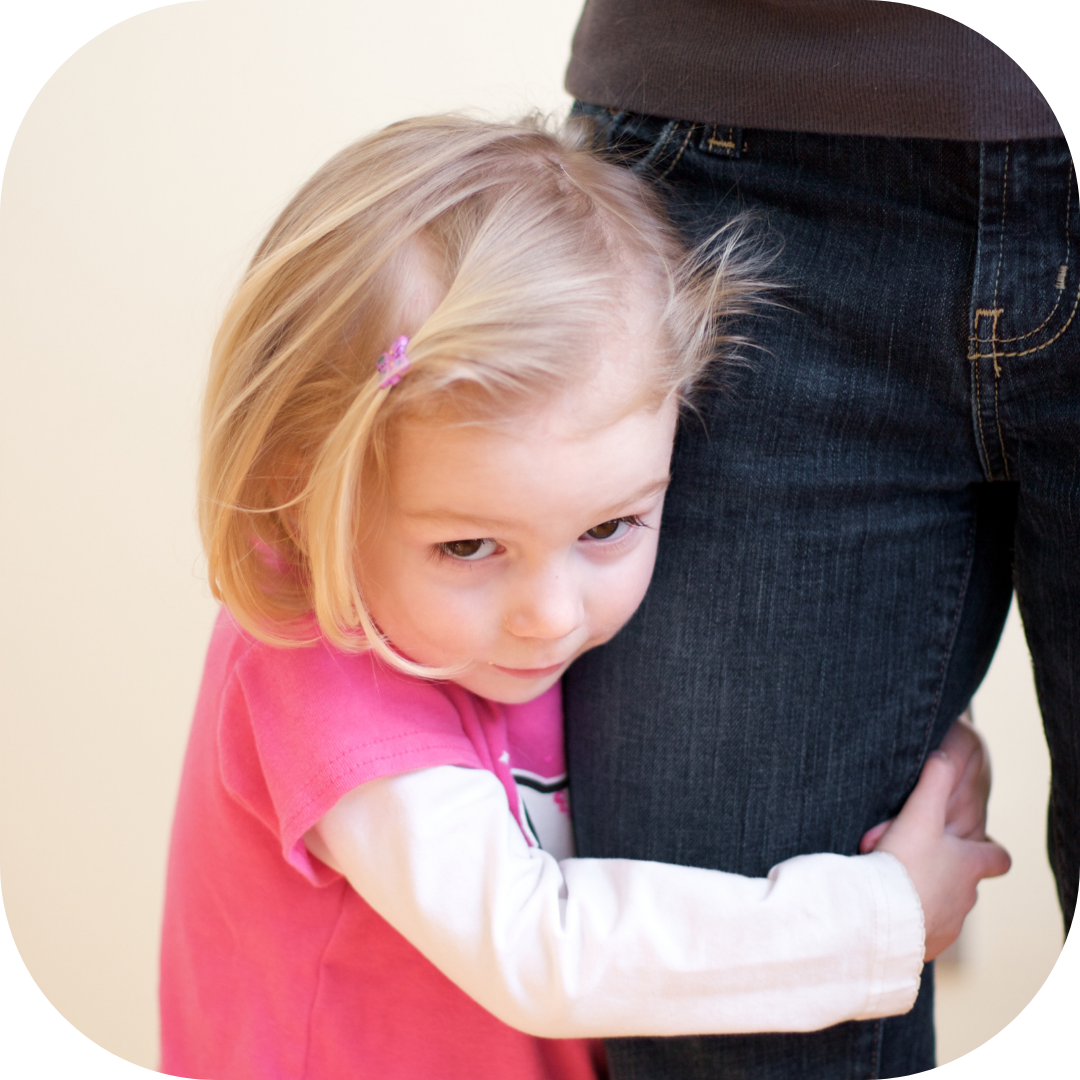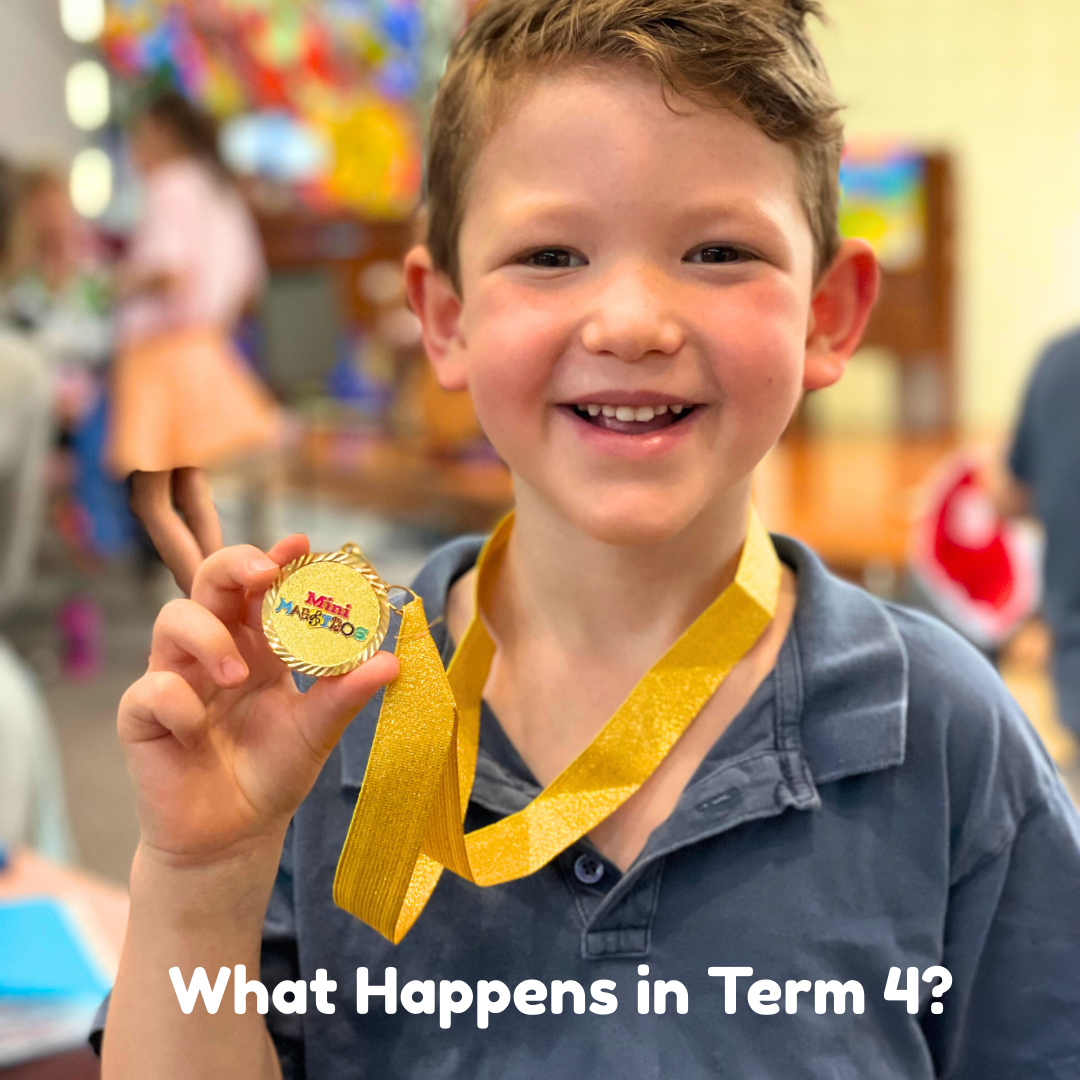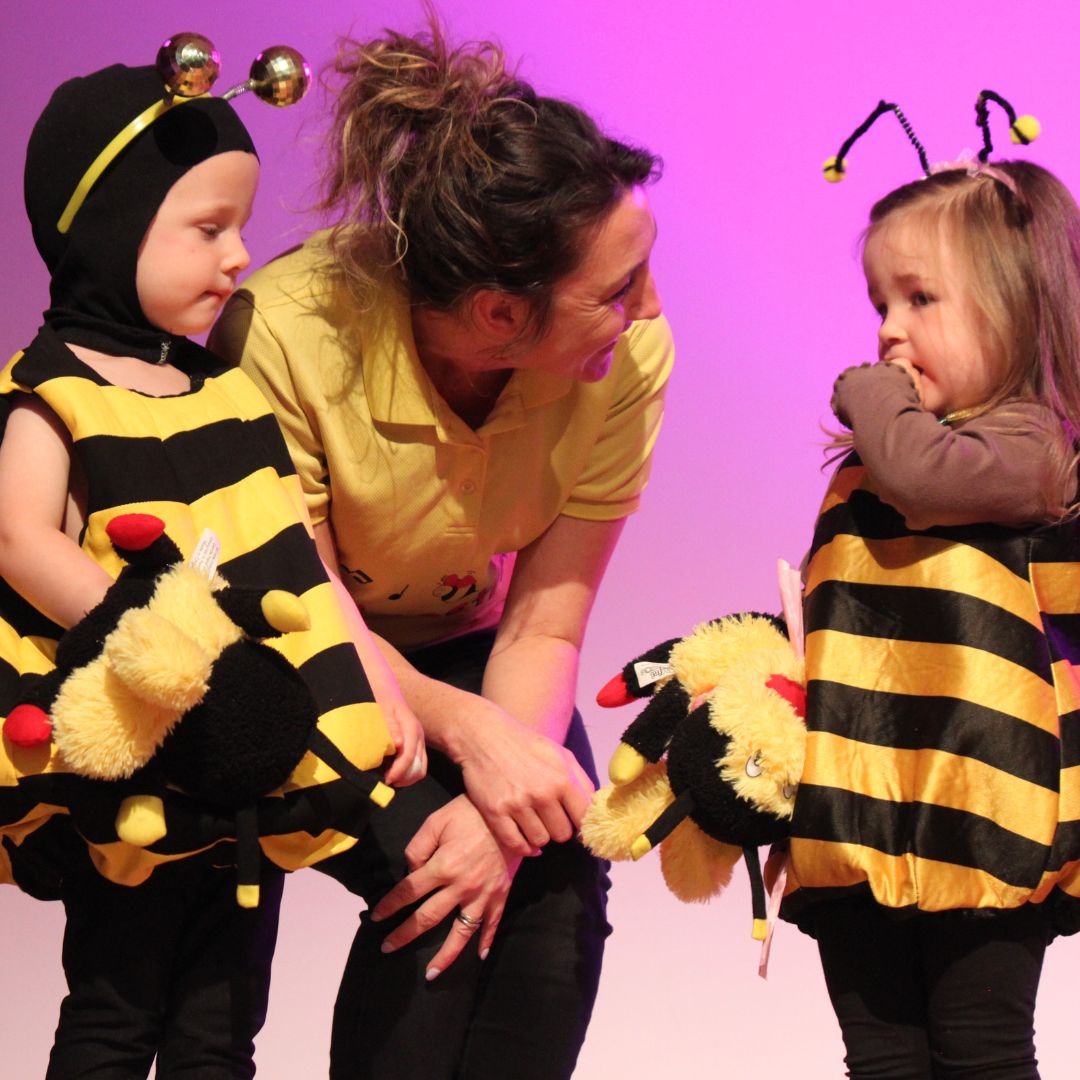Helping Shy Children Find Their Voice Through Music and Movement
Some children burst into song or dance the moment music starts. Others prefer to watch first — taking it all in quietly before joining when they’re ready. Both approaches are wonderful.
At Mini Maestros, we see this every day. Shyness isn’t a weakness — it’s a sign of careful observation and growing confidence. Through music and movement, we help children step forward at their own pace, building trust, connection, and joy along the way.
This article explores how our classes gently support and encourage shy children, what’s happening beneath the surface, and how parents and educators can help.
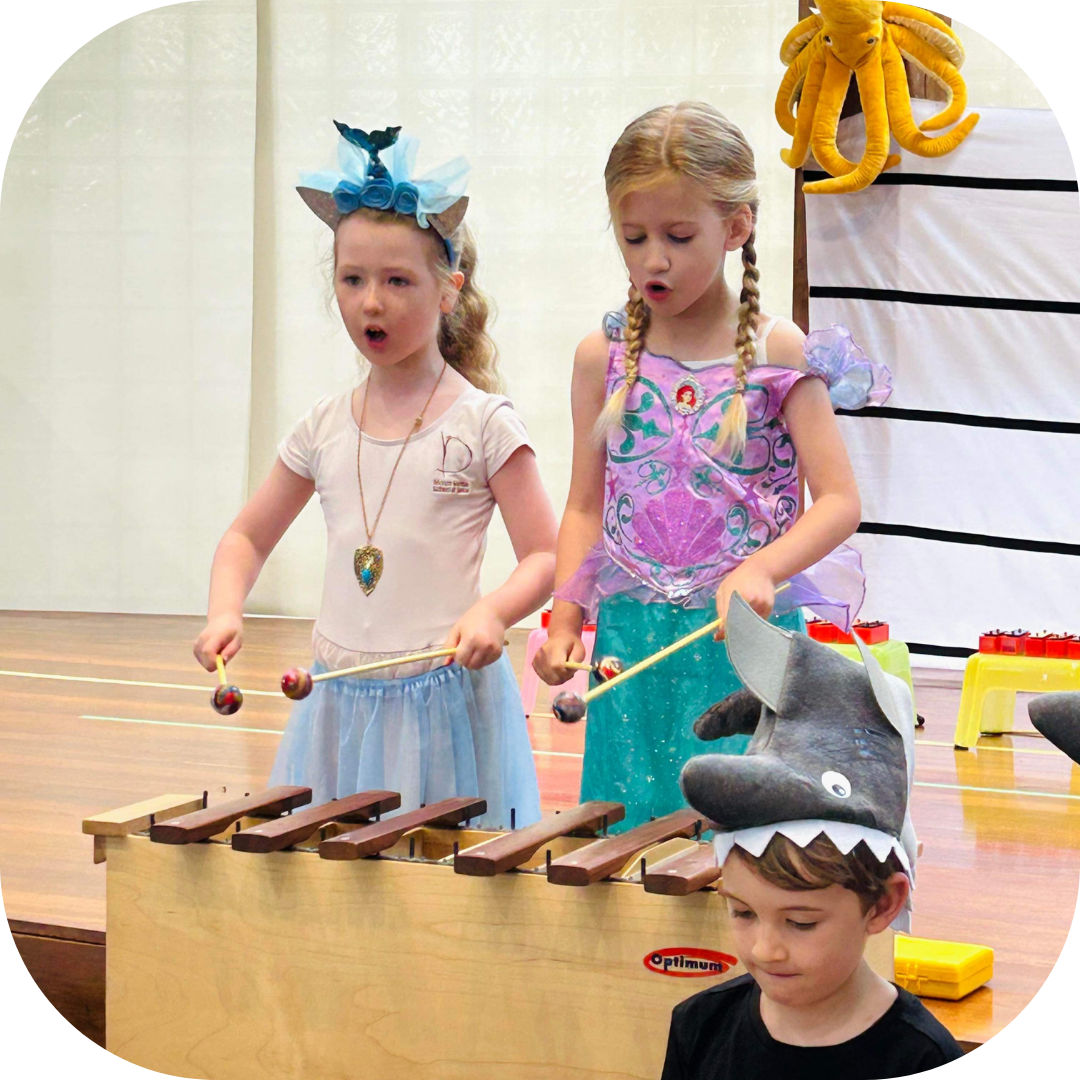
Why Music and Movement Work So Well
Every Mini Maestros class follows a consistent, research-based program designed to help every child thrive. While the structure stays the same, each lesson is adapted to the need of the group — led by our teachers’ warmth, playfulness, and understanding of child development.
The familiar routine and structure of each class, starting with the same welcome song and ending with a ritual goodbye song, gives children a sense of security. Familiarity and predictability help shy children relax, build confidence and explore at their own pace.
Early actions such as clapping, stamping or “tick-tocking” (our term for simple side-to-side movement) to the beat invite children to express themselves through their bodies before using words. These are powerful starting points for communication skills and confidence.
Later, call-and-response games let children practise listening, echoing, and turn-taking. For a shy child, echoing back a sung phrase or instrumental rhythm feels achievable — they can join in without being “put on the spot.”
The use of props like percussion instruments, parachute, puppets and bubbles are part of the magic too. These tools encourage curiosity through touch, sight, and sound, allowing children to observe and participate without pressure. Over time, what begins as quiet exploration often blossoms into singing, dancing, and joyful self-expression.

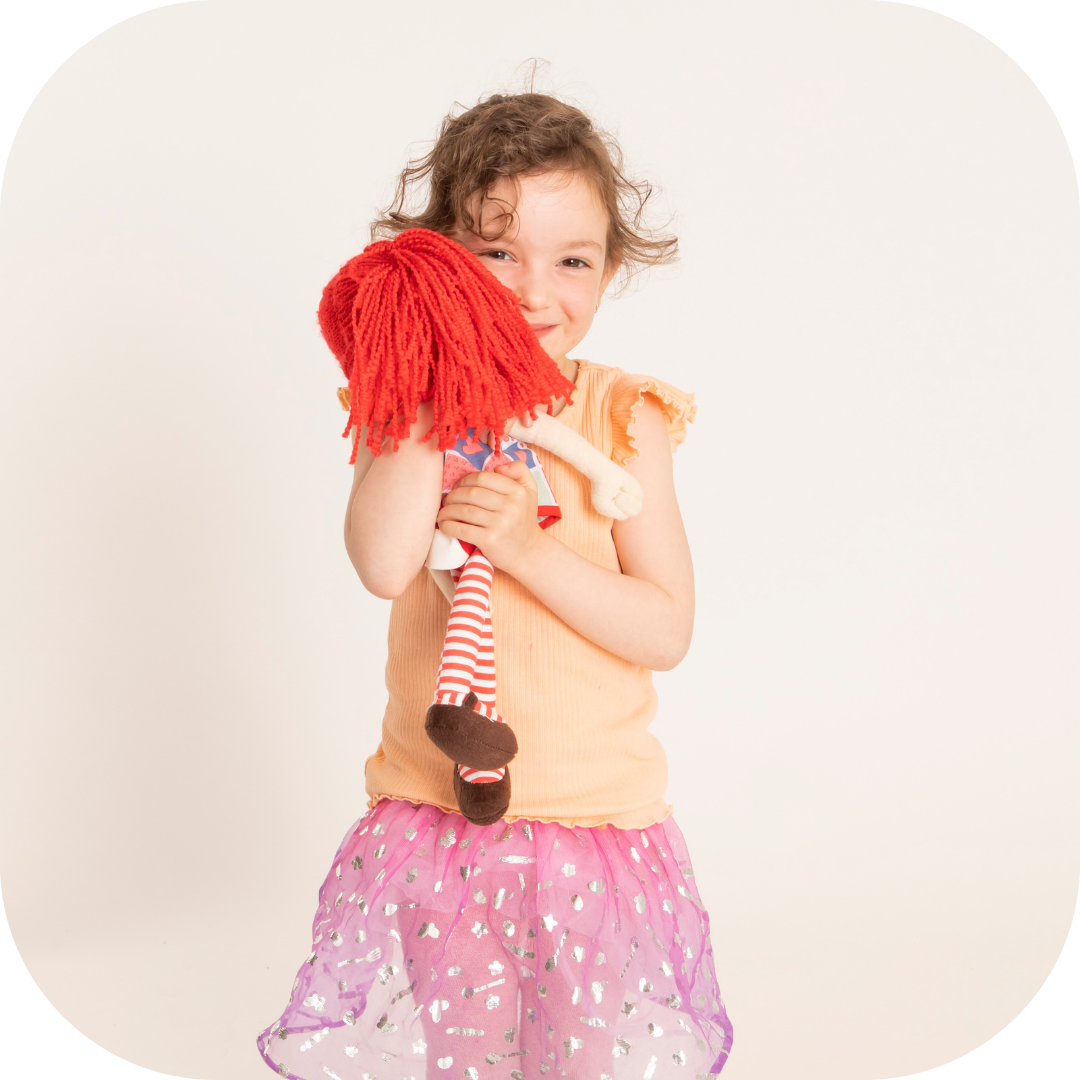
What Shyness Looks Like in Young Children
Parents often wonder whether their child’s quietness means they’re not engaging. In reality, shy children are learning deeply — just in less visible ways. You might notice:
- Watching carefully instead of joining straight away
- Trying out activities at home rather than in class
- Looking to you or the teacher for reassurance before joining in
- Imitating another child’s actions before creating their own
These are signs of a thoughtful, observant learning style. Your child is building understanding and confidence before taking the next step.
The Power of Onlooker Learners
We have a special term for these quiet observers: Onlooker Learners. They may seem reserved in class, but their brains are working overtime.
Parents often tell us their child suddenly starts singing all the songs at home or lines up their toys to play “Mini Maestros.” These moments reveal that learning has been happening all along — just privately, until the child feels ready to share it.
Observation is active learning. By watching, listening, and processing, children prepare themselves for participation. Once they step in, their engagement is often full of confidence and delight.
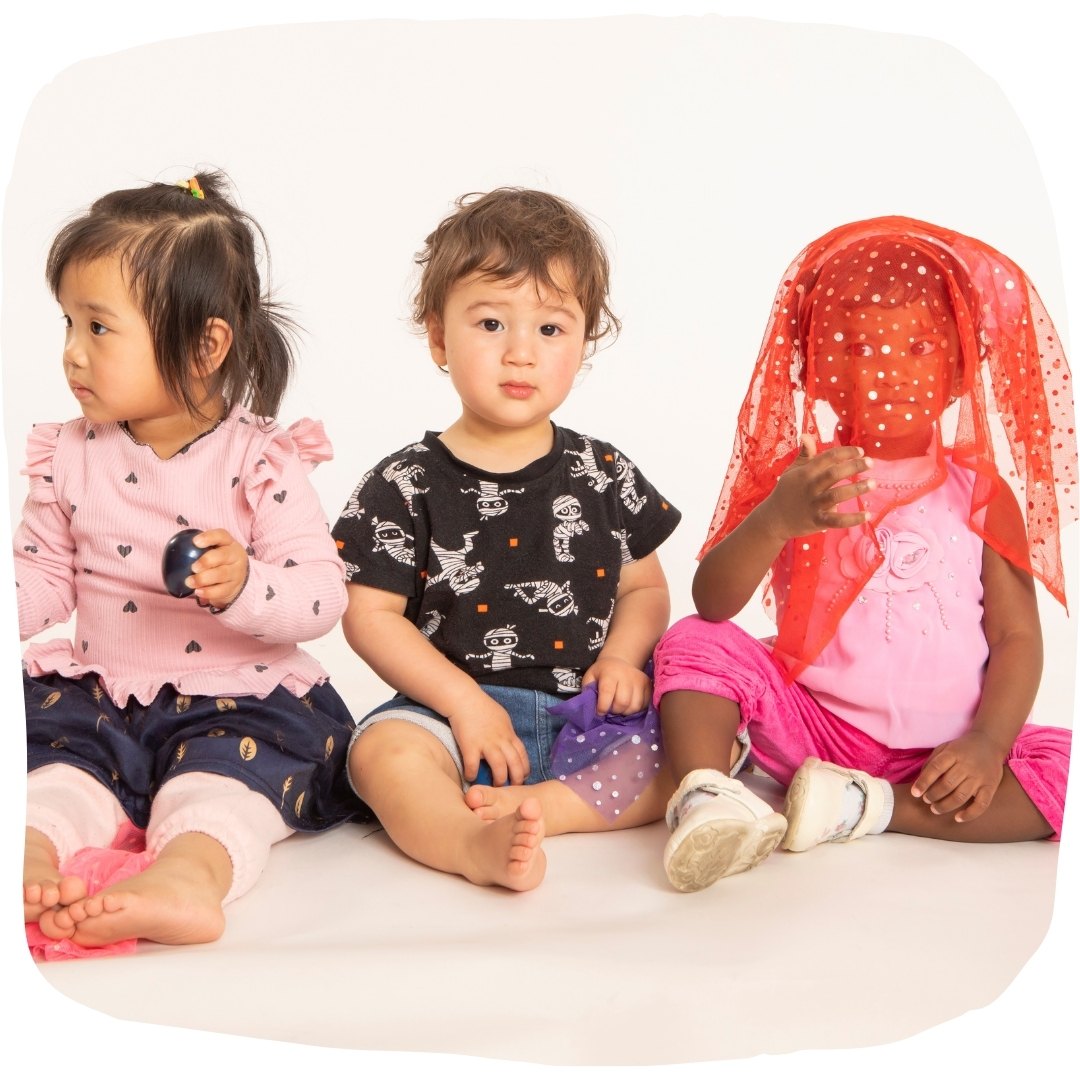
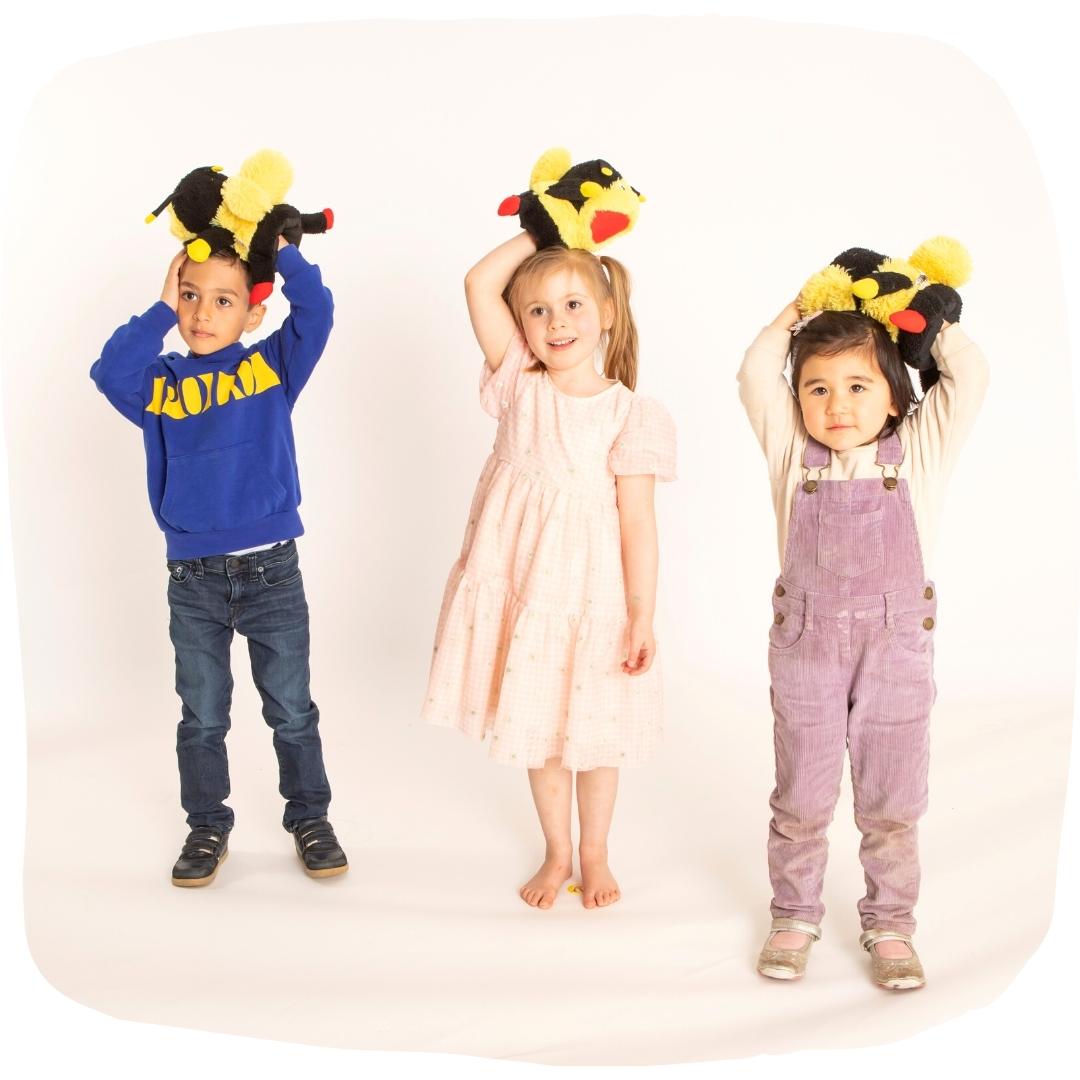
How Music Builds Confidence
Music offers a safe and joyful space to explore new ideas. There’s no right or wrong way to sing, move, or play. Every sound and action is celebrated — which helps children develop what educators call a growth mindset.
Instead of fearing mistakes, children learn that experimentation is part of learning. A quiet hum, a gentle tap on a drum, or a first twirl with a scarf are all steps toward self-belief. Through this kind of creative play, children internalise a powerful message:
“My ideas matter, and I can express them in my own way.”
Confidence built in music class often flows into other areas of life — speaking up at kinder and school, trying new activities, or playing confidently with peers.
For Parents: Gentle Ways to Support Your Child
Before class:
Sing familiar songs on the way to class or at home. Talk about what action your child might want to choose in the Welcome Song. Let your child know what to expect — this creates comfort through routine.
During class:
Join in yourself! Your participation models confidence. Sit nearby so your child can explore at their own pace. A simple smile or tap along is often enough encouragement.
After class:
Celebrate small moments. Try saying, “I loved how you tapped your drum,” rather than “Why didn’t you sing louder?” Recognising effort over outcome helps confidence grow naturally
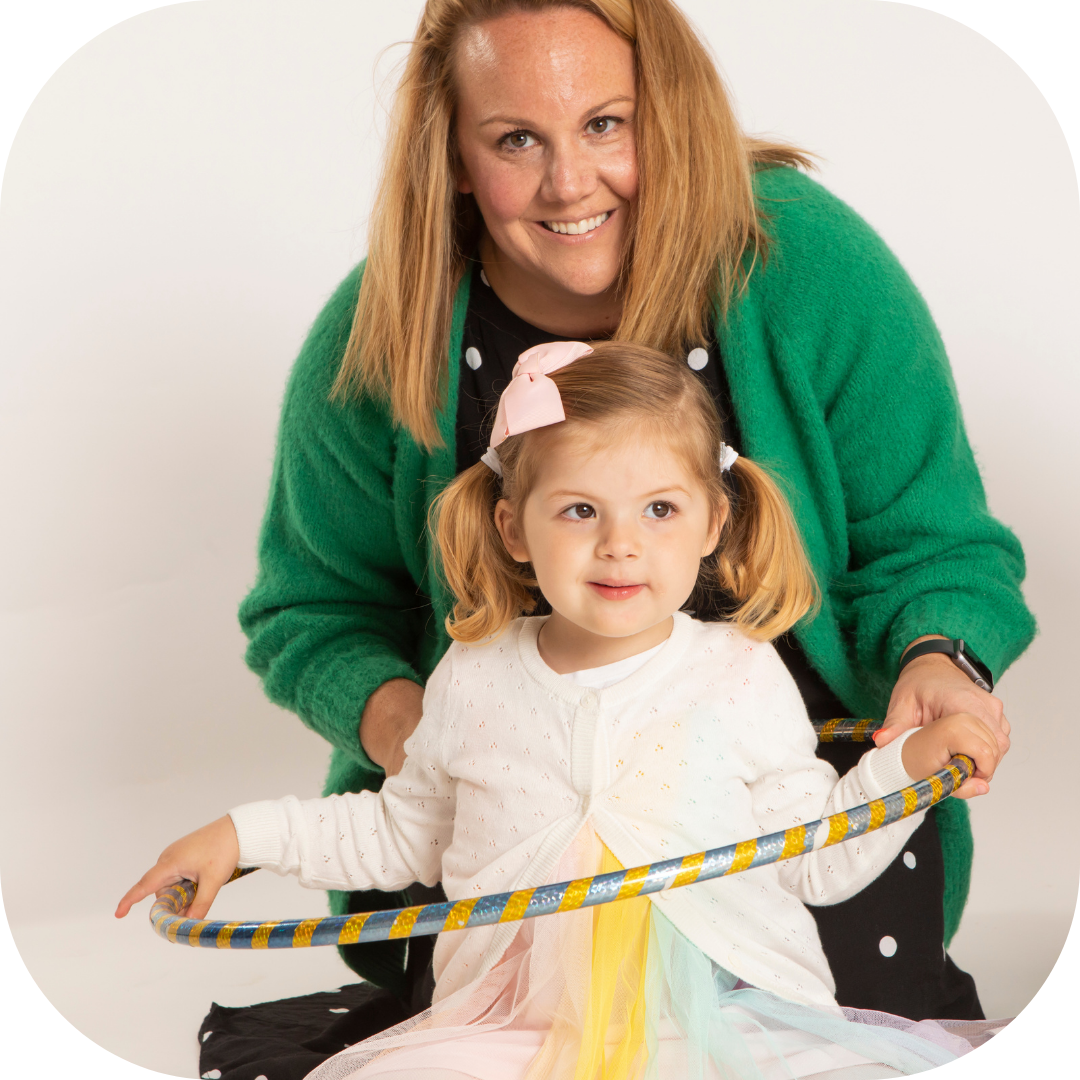
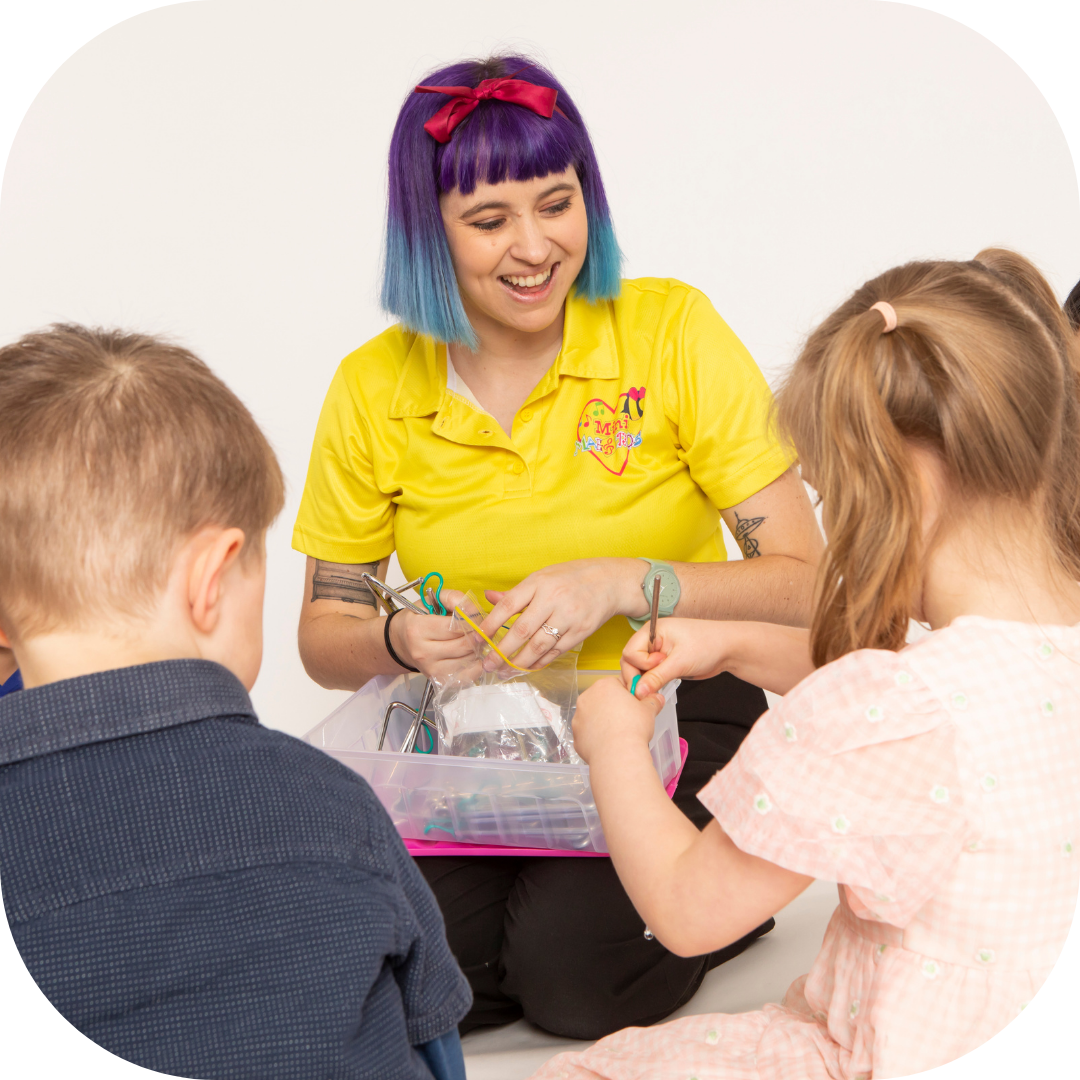
How Our Teachers Help Shy Children Shine
Mini Maestros teachers are trained to understand every type of learner — from the bold extrovert to the quiet observer. They create welcoming, predictable spaces filled with music, movement, and care.
Each week, they gently guide participation without pressure. Clapping to the beat, a shared smile, or packing instruments away are all milestones worth celebrating. This approach helps children feel safe to try, connect, and discover their own voice.
When shy children connect through music, something beautiful happens — they’re not just joining in; they’re developing empathy, timing, and a sense of belonging.
What the Research Shows
Research confirms what Mini Maestros families see every week — music supports every area of early development.
- Early Childhood Queensland reports that musical play boosts brain connections for language, maths, and emotional regulation.
- Early Childhood Australia highlights how rhythmic activities build focus and social skills.
- Recent studies show that even short-term music participation can improve spatial awareness, reasoning, and concentration.
You can read more here:
Early Childood QLD | The Spoke | Examining the effects of music on cognitive skills of children in early childhood with the Pythagorean fuzzy set approach
These findings align perfectly with what we see in class — that musical play doesn’t just entertain; it builds brains, confidence, and community.


Closing Thought
For parents, it can be hard to know what’s happening when a child seems hesitant or quiet in class. But even when it looks like “nothing,” a lot is happening inside.
Under six, your child’s brain is forming more neural connections than at any other time. Listening, watching, and gently engaging in music builds the pathways for communication, confidence, and creativity.
That’s why we offer a three-week trial at Mini Maestros — to give children time to settle, feel safe, and begin showing all they’ve been absorbing. It’s a gentle, joyful way to see just how much growth happens beneath the surface.
So, if your little one tends to hang back, know this: they’re already learning — and when they’re ready, they’ll shine in their own beautiful way.
🎵 Book a three-week trial and watch your child’s confidence unfold in a nurturing, music-filled space.
